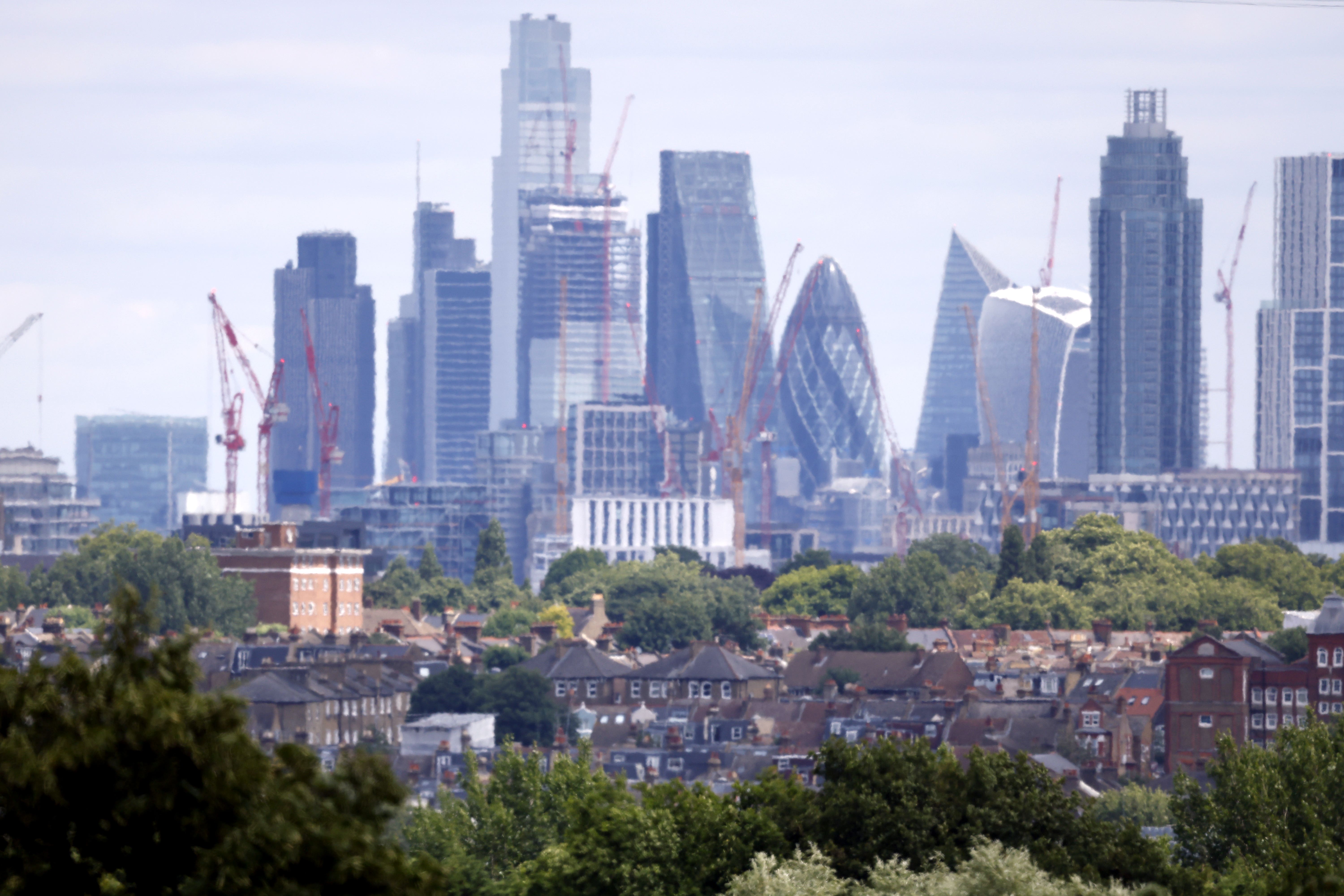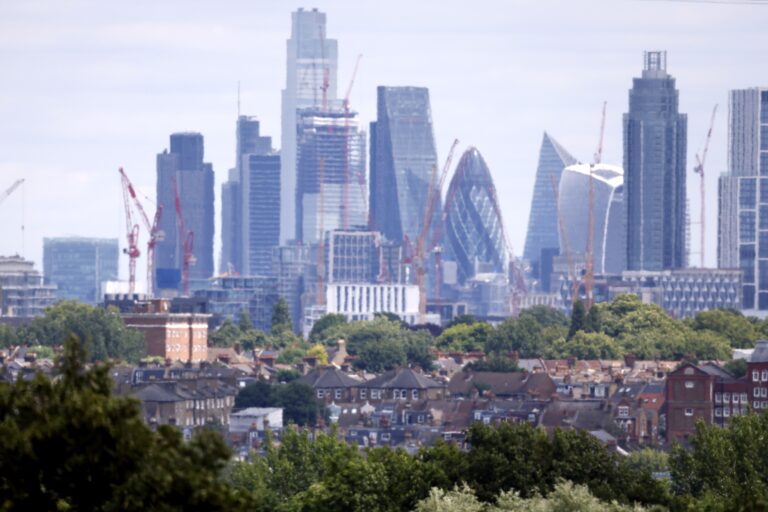A recent survey has found that a third of UK business owners are planning to make further job cuts following the increase in national insurance contributions (NICs) that came into effect in April. The S&W business owners sentiment survey revealed that 33% of business owners are considering additional staff reductions in response to the tax hike. Many companies are also exploring other measures to offset the increased tax burden, including reducing staff hours, freezing pay, and raising prices.
The survey of 500 UK business owners with turnovers of £5 million and above showed that 46% of respondents planned to implement further price increases as a result of the NICs change. Additionally, 35% of business owners intended to reduce staff hours, while 29% were considering freezing pay. These measures come as businesses face challenges such as higher commodity and energy costs, as well as uncertainty caused by broader macroeconomic factors.

Claire Burden, partner in consulting at S&W, commented, “Businesses face considerable challenges in the current economic climate, and many owners are having to make difficult decisions to stay afloat. Given that salaries represent a significant proportion of most businesses’ overall cost base, it’s expected that many are closely examining their headcounts in response to the increased national insurance costs.”
Alex Simpson, partner in employer solutions at S&W, added, “For most businesses, the extent of the employers’ NIC change was a surprise. We anticipated an increase in the employers’ rate, but the additional reduction to the earnings threshold was not expected and is expected to have a dramatic impact over time.”
In response to the findings, a Government spokesman stated, “We are a pro-business government. We are protecting the smallest businesses from the employer national insurance rise, shielding 250,000 retail, hospitality, and leisure business properties from paying full business rates and have capped corporation tax. We delivered a once-in-a-Parliament budget last year that took necessary decisions on tax to stabilise the public finances, including the NHS, which has now seen waiting lists fall for five consecutive months. We are now focused on creating opportunities for businesses to compete and access the finance they need to scale, export, and break into new markets.”


